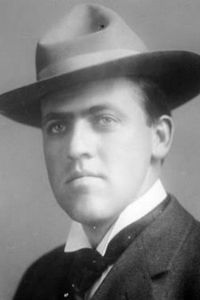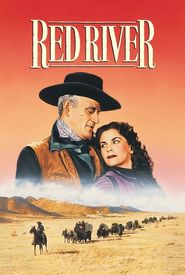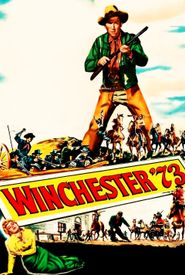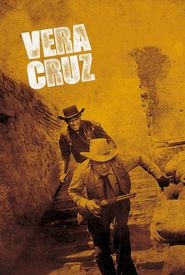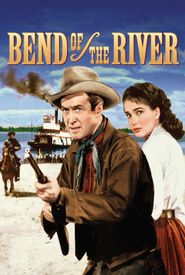Prior to his illustrious career as a writer, Chase had a stint as a chauffeur for notorious prohibition-era gangster Frankie Yale, serving in this capacity until Yale's unfortunate demise at the hands of Al Capone's mob in July 1928. At the time, Chase still went by the more prosaic name Frank Fowler, as did Yale's other regular driver, James Caponi. The duo was fortunate to have escaped with their lives, as Yale, having received a strange phone call, was in a state of panic about something that had occurred to his wife Lucy, and decided to drive his coffee-coloured Lincoln himself. The car was machine-gunned near Tenth Avenue by the occupants of a black Nash, crashing into a curb. For good measure, one of the gunmen jumped out and shot Yale in the head with a.45.
Following this harrowing adventure, Chase opted for tamer pursuits, initially working as a digger on the Holland Tunnel and subsequently as a taxi driver. It was during his time as a tunnel digger that Chase's first idea for a story occurred to him, inspired by the tragic death of one of his co-workers in an accident. His resulting novel, "Sandhog", was picked up by 20th Century Fox and later filmed as Under Pressure in 1935. Around this time, Frank Fowler rebranded himself as Borden Chase, a name that combined a milk company with the famous bank.
Over the next three decades, Chase published numerous short stories for the pulp magazine Argosy, several novels, and dozens of Hollywood screenplays, freelancing for most of the major studios, except for a brief period under contract to Universal from 1950 to 1958. Many of his best films were westerns, featuring anti-heroes with flawed characters, a concept that would later be re-invented in the Spaghetti westerns of the 1960s. His scripts stood out for being unusually complex, with a strong emphasis on powerful emotions and relationships.
In addition to classic motion pictures such as Red River (1948),Winchester '73 (1950),Bend of the River (1952),and the superlative Vera Cruz (1954),Chase also penned the TV pilots for the western series Laredo (1965) and Daniel Boone (1964). During the 1950s, Chase was a prominent figure in the conservative Hollywood establishment, serving as a member of the Motion Picture Alliance for the Preservation of American Ideals. On a lighter note, he lent his name to a famous cocktail made from Scotch whiskey, vermouth, Pernod, and orange bitters.
